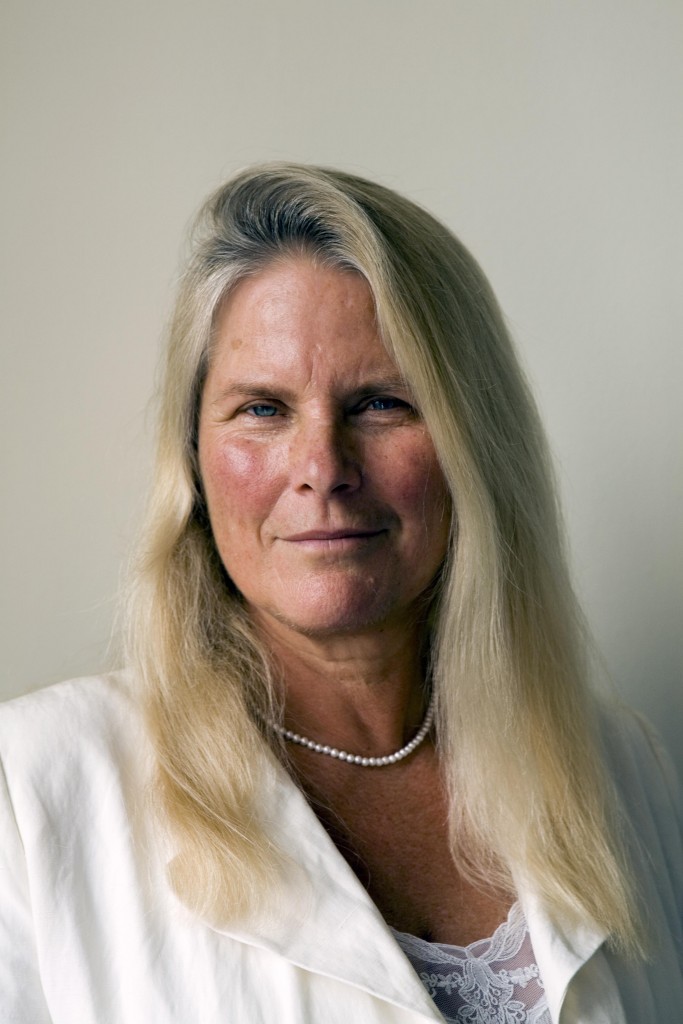Kent Medical Law and Ethics expert Professor Robin Mackenzie joined an international group of leading scientists and lawyers in the US earlier this month to discuss the scientific, ethical, and governance issues associated with human gene editing research.
Professor Mackenzie was one of 250 invited scientists, ethicists, lawyers and social scientists who met in Washington for the International Summit on Human Gene Editing.
The meeting was convened by the National Academy of Sciences of the United States, the Institute of Medicine, the Chinese Academy of Sciences and the Royal Society of London. Experts were invited to exchange views on the global implications of a new genome editing technique called CRISPR-Cas9 and to discuss how such technologies should be regulated.
Professor Mackenzie said: ‘CRISPR-Cas9 and other new genome editing technologies promise a precise, cheap and accessible means to alter the inheritable characteristics of humans, non-human animals and plants to eliminate inherited diseases and create new hereditary features, such as creating plant species tailored for environmental niches, like crops more able to flourish in drought conditions.
‘Gene editing was used to save one year old Layla from leukaemia at Great Ormond Street Hospital last month, and holds promise for curing other cancers.
‘It was a great honour to be invited as an ethicist and lawyer to this global forum of a select group of world experts to have input into the future of this fundamental breakthrough, with huge implications for future generations of humans, non-human animals and plants and the impact on the global environment.’
After three days of discussion, the organizing committee for the summit issued a statement on human gene-editing research and its potential applications, which is available to read on the National Academy of Sciences website.
Professor Mackenzie is Director of Medical Law and Ethics at Kent Law School. She convenes the postgraduate taught Kent LLM specialism in Medical Law and Ethics and the undergraduate module Law and Ethics. Her research interests lie in forensic, ethical and medical aspects of neuroscience, regulation of health and bioscience technologies, robotics, neurodiversity and constructions of disability, decision-making capacity, body alteration, neurorehabilitation, end of life decision-making, psychoactive substance use, enhancement, ethical and legal relations between species, critical/cultural theory and feminist perspectives applied to all the above.

